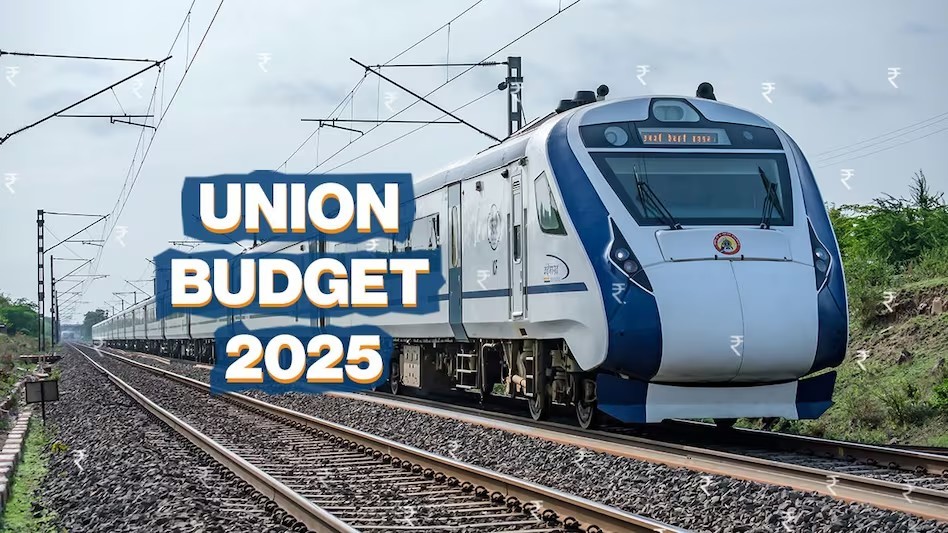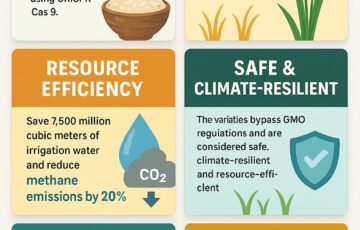Railway Budget Focuses on Infrastructure, Faces Execution Hurdles
Why in the news?
The Union Budget highlighted infrastructure development and passenger comfort for Indian Railways, but key concerns like delayed safety initiatives, pending high-speed rail projects, and unclear timelines for Vande Bharat train expansion have raised criticism.
Key Announcements:
- The Railways Minister emphasized infrastructure development, modernization of stations, and enhancing passenger connectivity, safety, and comfort.
- An annual average of 150 km of new railway tracks has been laid since 2014, surpassing the 113 km average from 2009-2014.
- Safety initiatives received an enhanced allocation of ₹1,16,514 crore.
Concerns and Challenges
- No mention of expanding the Kavach safety system beyond the initial 1,465 km rollout near Secunderabad.
- Key infrastructure projects such as the Western Dedicated Freight Corridor, Mumbai-Ahmedabad High-Speed Rail, and the upgrade of Integral Coach Factory (ICF) to Vande Bharat standards remain delayed.
- Electrification efforts have made India the “greenest” railway system, but concerns persist about idle diesel locomotives worth ₹30,000 crore and continued reliance on fossil-fuel-based electricity.
Future Prospects and Limitations
- Plans to introduce 200 more Vande Bharat trains were announced without a timeline.
- The government envisions building a 7,000-km high-speed rail network by 2047, but the strategy remains unclear.
- The declaration of India becoming the world’s second-largest freight carrier at 6 billion tonnes was criticized as lacking context or a detailed roadmap.
Current Organizational Structure of Indian Railways:
Ministry of Railways
- Responsibilities:
- Formulates overall railway policy and strategic direction.
- Manages budgetary allocations and approves major projects.
- Provides policy guidance to the Railway Board.
- Key Updates:
- Budget 2024-25 allocated ₹2.52 lakh crore (USD 30.3 billion) for railway advancements.
- 100% FDI permitted in the railway sector.
Railway Board
- Responsibilities:
- Implements Ministry policies and manages daily operations.
- Plans long-term network development, modernization, and safety improvements.
- Issues operational directives to zonal railways.
Zonal Railways
- Structure:
- Comprises 17 zones (with a proposed 18th – South Coast Railway).
- Each zone is subdivided into divisions managed by Divisional Railway Managers (DRMs).
- Responsibilities:
- Ensures efficient and safe operations within territorial boundaries.
- Manages track maintenance, rolling stock, and infrastructure.
- Implements safety regulations and generates revenue through ticket sales and freight charges.
Despite lofty announcements, the Budget offers little transformative progress for the Indian Railways, which continues to face execution and financial challenges.






